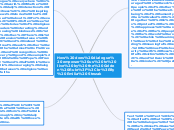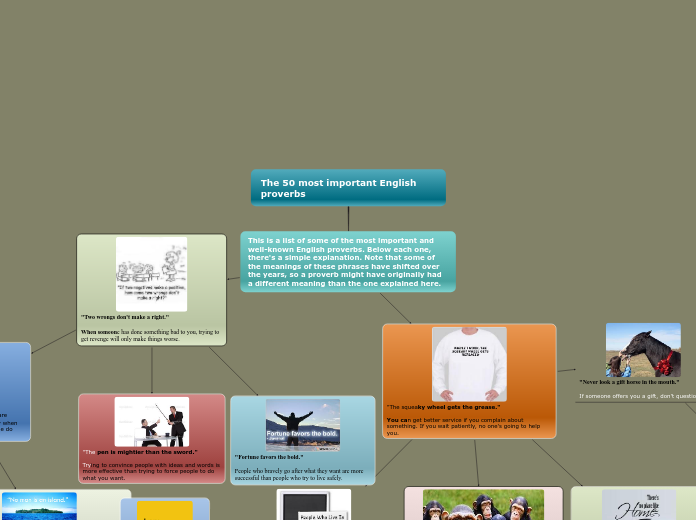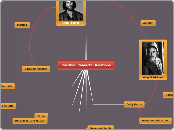af Emilia Strozak 6 år siden
257
Summative
Dialogue among people of different faiths fosters solidarity and helps promote the Golden Rule, encouraging mutual respect and understanding. This dialogue emphasizes the importance of seeing each other as equals and working together for the common good, rather than focusing on our differences.









